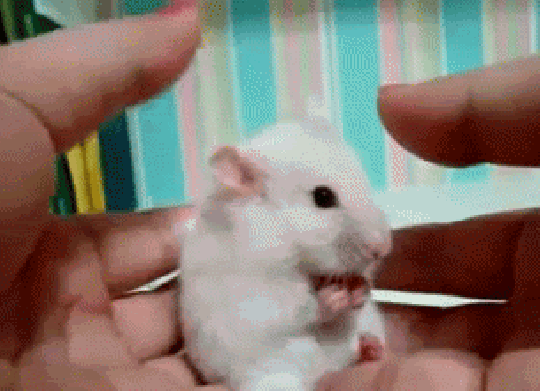
Autism symptoms replicated in mice after faecal transplants
Study aims to discover whether gut microbes play a part in development of the condition
Scientists have induced the hallmarks of autism in mice by giving them faecal transplants from humans with the condition.
The experiments were designed to test whether the communities of gut microbes found in people with autism have a role in their symptoms, an idea that is gaining ground among researchers.
In the study, animals that had faecal transplants from children with autism became less sociable, less vocal and developed repetitive behaviours. In contrast, genetically identical mice that had transplants from people without autism were unaffected by the procedure.
”Mice that had transplants from children with autism did not wrestle, push and sniff other mice as much as the control group of mice, which had transplants from people without autism. Nor did they produce as many ultrasonic squeaks. And while control mice might bury one or two marbles and then move on, mice with autism-related microbiomes kept going, an indication of repetitive behaviour.”



